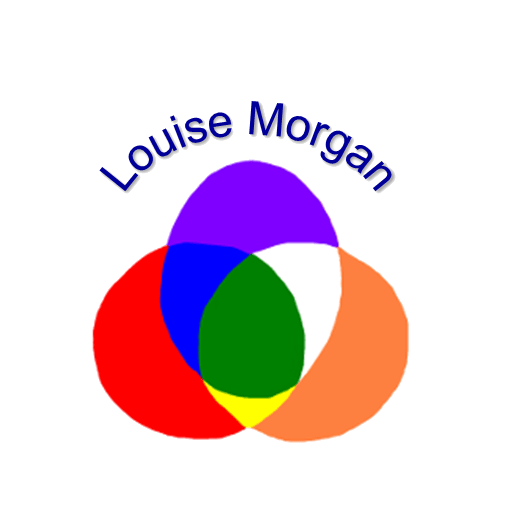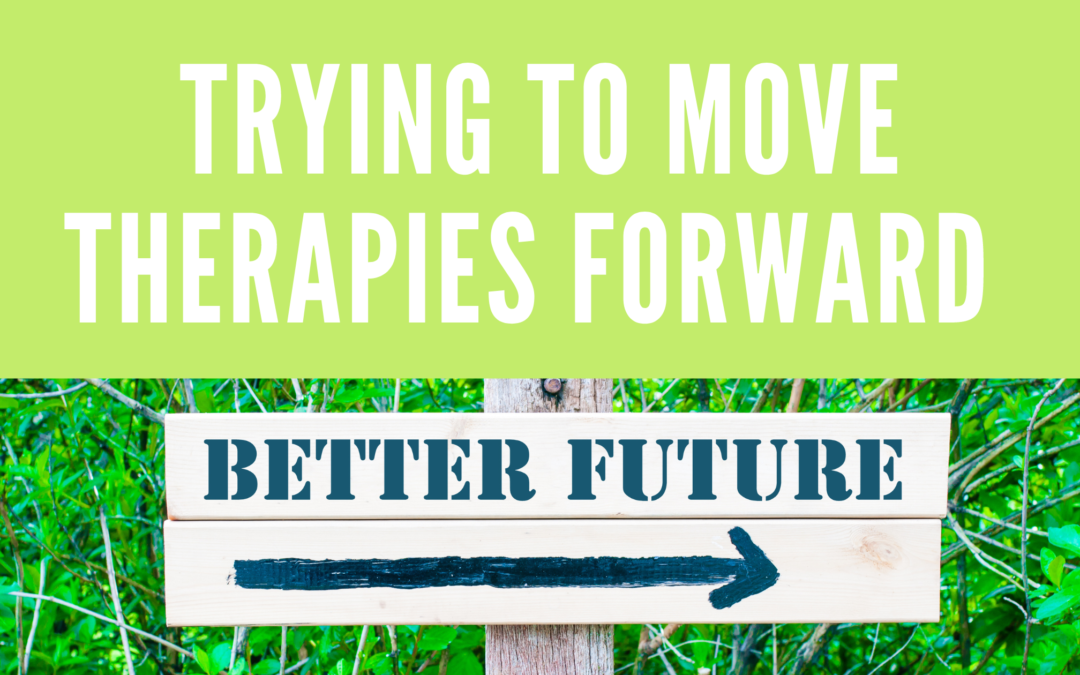Moving complementary therapies forward has always seemed like an uphill struggle. This debate was brought up again with an article written in the The Daily Mail. You can read all about it here, Doctors should be able to prescribe patients MASSAGES, Reiki and reflexology, say MPs | Daily Mail Online. It’s quite negative in its approach, but that’s because they talked to some of the most notable critics of complementary therapies.
This article arose because of a survey in the complementary therapy field. The survey asked people who receive therapies to report their experiences.
What did the survey say?
The results of the survey were reported by the FHT in January 2023, APPG Complementary Therapies Report – January 2023 | Federation of Holistic Therapists Directory Service (fht.org.uk). The report states:
“A survey conducted by the Federation of Holistic Therapists (FHT) shows a significant increase in the positive effects of complementary therapy practices alongside healthcare, including a 37% reduction in doctors’ visits. Other findings indicate that the complementary therapy treatments helped with stress and anxiety (54%), muscular pains (41%), lower back pain (26%), joint problems (22%) and tiredness and fatigue (22%)”
conducted by the Federation of Holistic Therapists (FHT) shows a significant increase in the positive effects of complementary therapy practices alongside healthcare, including a 37% reduction in doctors’ visits. Other findings indicate that the complementary therapy treatments helped with stress and anxiety (54%), muscular pains (41%), lower back pain (26%), joint problems (22%) and tiredness and fatigue (22%)”
(P4, Report on the value of complementary therapies in supporting the UK’s health).
The report is asking for greater consideration and acknowledgement about what the complementary therapy field can do. Currently, GP’s cannot suggest complementary therapies as part of a social prescribing strategy, despite them being able to recommend gardening and social activities.
It started during COVID
During COVID-19, complementary therapists were some of the last businesses able to return to work. As a therapist, I found this particularly disappointing. During lockdowns I had messages from clients missing their regular appointments. I had texts from people with a flare up of old conditions they had previously been successfully managing. Frustratingly, I could only suggest trying to see a physio until we received further updates and we could book appointments again.
Each announcement about the end of a lockdown resulted in a flurry of texts asking for an appointment. When I could work, my diary saw long working hours to fit everyone in. I even pointed out to people being in a room and touched by a person for an hour was a high risk activity in the current environment. My clients didn’t care. We checked through the precautions and they asked to book an appointment.
As therapists we quietly do our thing, but the pandemic was an eye-opener. The dismissive approach by the government towards complementary therapies caused many to question our way forward, even more than previously.
 Complementary therapies work in a different way
Complementary therapies work in a different way
I know many clients talk fondly about people within the NHS. We know those within the NHS are caring, professional and great at their jobs. People I speak to also acknowledge it is a system overwhelmed by the size of the task. I wouldn’t want to be part of that system. I don’t want someone to arrive, and because they have a pain in their knee I can only look at their knee. As body workers, we know that the issue could be a referred pain coming from somewhere else. When someone comes in with a particular issue we don’t just look at that. We talk to them and provide a therapy based on the whole picture.
As holistic therapists we don’t treat the symptom, we treat the person
Through talking, engaging and asking open ended questions with my clients I discover more about their life. There may be no conversation during the main part of the therapy, but regular appointments means I recognise if someone isn’t their usual self. If it happens for more than one session, I’ll have an honest conversation so we can see the bigger picture. If I’m hearing red flags or seeing red flags (how many of you notice marks on your back) then I’ll gently suggest you book a GP appointment. Many of my clients don’t want to bother their GPs while they’re known to be so busy, but they’re often aware something isn’t quite right. Often my suggestion can be the final push to decide to make a GP appointment.
On the other hand I see some people who are worrying about the amount of time something is taking to clear up. They’re unaware of the usual timescales involved in healing and think a few weeks can be enough. As therapists we’re in a position to reassure about how amazing our body is. We can give an indication of how things can take time to resolve. We can give someone little markers since their last appointment to show how things are changing and improving. Sometimes reframing a situation can help ease a lot of concern.
As therapists, we don’t diagnose and we should always be referring out if it is appropriate.
 We’ll always have critics
We’ll always have critics
I know the critics argue about the lack of research. People in the complementary therapy field are rising to the challenge to provide more evidence which will be accepted. Indeed, much of the research which has been historically published (take for example the claim that kept hitting the media about Lavender and Tea tree as endocrine hormone disruptors) has been shown to be flawed. While there is positive and negative research for complementary therapies, test groups tend to be small and often the research is not carried out as stringently as it should be. Personally, I find the research interesting but I’m comfortable with not knowing absolutes. We are humans who, despite our efforts, cannot control every aspect of our life.
Indeed, even in the field of research and science our understanding is being updated. Take for example, the change in NICE guidelines about pain relief and how its long term use has issues. Another current example is the change in amitriptyline being prescribed as an antidepressant to one helping sleep or muscle relaxation.
There will always be critics in every field, and that is good. It means we will keep striving, learning and it stops us all from becoming complacent. Everyone is entitled to their point of view and we can also respectfully disagree. I understand why we’ve previously been considered fluffy and frivolous. Our training levels can widely vary and we do need standards to be able to consider ourselves professionals. Even when I trained in 2005 there were talks of National Occupational Standards, but we have made no progress.

Our industry is flawed
We hear horror stories of people completing weekend courses, initial online training courses and spouting all sorts of rubbish and claims which frankly do a great discredit to our field. As a therapist looking for a therapy, even I was filled with dread contemplating how to navigate our field, because I know there is a wide variance in how people are trained and the service they offer.
As therapists, our best way towards credibility is to ensure we maintain a high standard. We need to make sure we complete suitable training and stay in our lane. We need to be part of a recognised professional membership (which can also be a minefield to the public) and complete continuing Professional Development each year.
Insurances
I know some private insurances accept some therapies, but these vary wildly. Some companies accept reflexology, others Indian Head massage, or reiki. I have never seen any insurance policy accept any complementary therapy from a suitably qualified professional therapist. Several years ago there were two bodies created to raise public awareness, with talk that GPs would be able to refer to therapists on these lists. I am yet to see anything raising public awareness from these two groups.
People want to take more accountability for their well-being
With the issues with inflation, energy increases etc I expected my business to be detrimentally impacted. A lot of my visitors actually said other cut backs would be made before even considering to stop complementary therapy appointments. For those who receive regular therapies it is a way to maintain wellbeing, allow time out, and provide a chance to relax and re-connect with their body in a safe, non-judgemental environment.
to relax and re-connect with their body in a safe, non-judgemental environment.
I always say my job is as a facilitator. Whatever comes out of the session is what is right for you. Your experience is valid. I know the people who visit regularly are ones who value my therapies, value the service I provide, and the price I charge. Awareness of therapies seems to be growing. With a full clinic I know that regardless of the critics, many people are choosing to feel more empowered about their wellbeing. People are talking and booking based on the recommendation of others. It’s now viewed less of a luxury and more of a tool to help support little everyday niggles. Regardless of the body of evidence, people choose therapies on how it makes them feel.
 Louise is an holistic therapist who owns Therapy Centre, BS14 9HB, a clinic in South Bristol. She offers a range of holistic therapies and started her business in 2008. Since then Louise has aged, put on weight and become shorter than her eldest son. Her youngest is rapidly growing and her partner is 6 ft 5, so she anticipates being the shortest soon. Louise hates having her photo taken.
Louise is an holistic therapist who owns Therapy Centre, BS14 9HB, a clinic in South Bristol. She offers a range of holistic therapies and started her business in 2008. Since then Louise has aged, put on weight and become shorter than her eldest son. Her youngest is rapidly growing and her partner is 6 ft 5, so she anticipates being the shortest soon. Louise hates having her photo taken.
For information about: therapies, online baby massage course, blog posts you can visit her website louise-morgan.co.uk. You can also book an appointment online

